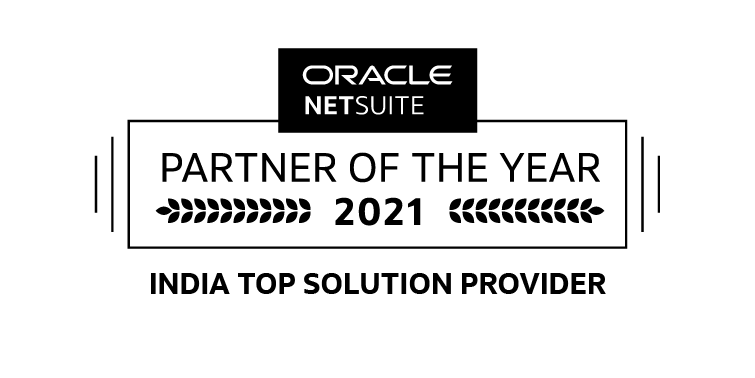Table of Contents
What Is a Financial Statement Audit?
A financial statement audit is a professional examination of a company’s financial statements. Its goal is to decide if the financial statements present a fair and substantially right portrayal of a business’ action and fiscal position, as per the Generally Accepted Accounting Principles (GAAP) issued by the Financial Accounting Standards Board.
- A financial statement audit assesses whether the assertions under survey present a fair and really right portrayal of a business’ action and monetary position, bringing about a review assessment.
- Independent auditors conduct audit planning, internal control and considerable testing, all as per multiple established principles.
- Companies can benefit from audits in several ways, beyond simply meeting consistence prerequisites; inspectors may, for instance, make ideas for working on the business.
- Audits also have inherent limitations, so undetected fraud remains possible.
Stages of a Financial Statement Audit
Planning And Risk Assessment
This first stage begins when a company’s audit committee or board of directors enlists the external auditor and signs a commitment letter. The auditor starts a progression of administrative steps, including assigning the audit (counting any trained professionals, if necessary), checking that the auditor(s) is free of any excluding associations with the organization being audited, and laying out a timetable for the audit. The risk assessment part of this stage incorporates raising the audit team to an acceptable level on the subtleties of the organization’s business, its industry, native accounting issues and any relevant regulatory requirements. This assists the auditor with arranging suitable endeavors for regions that have a higher potential for blunder.
Internal Controls Testing
This step involves identifying, documenting, and evaluating a company’s internal controls. It covers the processes and policies a business uses to mitigate financial reporting errors and fraud.
A strong control environment has the opposite effect.
Preventive controls include segregation of duties, user access restrictions for accounting systems, physical safeguarding of assets and proper authorization and delegation of authority. These are designed to prevent errors before they occur.
Detective controls include account reconciliations and physical inventory cycle counts, work to identify errors or irregularities for investigation and correction after they happen.
Substantive Testing
The purpose of substantive testing is to verify balances in the accounting data. It includes examining transactions and assembling proof to help the data in accounting records. Proof from third-party is liked, for example, bank statements, affirmation letters from clients and providers, invoices and explanations. Furthermore, the auditor may genuinely observe assets, similar to stock and equipment. Now and again, considerable testing may basically comprise of scientific investigation or recalculations, likewise with depreciation or reserves.

Benefits of an Audit
The primary benefit of financial statement audit is to assure external stakeholders that the financial statements are fairly stated and materially correct.
- Helping customers and suppliers feel more comfortable doing business with a company.
- Keeping a company compliant with regulations
- Avoiding the reputational damage and potential fines that may come from non–compliance.
- Uncovering ways a company can improve their business, and identify potential ways to improve operating efficiencies.
- Auditors can suggest ways to make accounting functions more effective and efficient, such as accounting software, workflow and staff training.
- Identifying weaknesses and recommending remedies for the company’s control environment. A strong control environment reduces the potential for fraud.
While independent external auditors increase the authenticity of an organization’s fiscal reports, the weight of liability regarding gathering those assertions and all the hidden bookkeeping information falls soundly on the shoulders of the organization.
Managing the data and making fiscal statements utilizing automated software solutions, for example, NetSuite Financial Management, makes the interaction more precise as well as can smooth out the review cycle.
The product’s seamless integration and access controls improve the control environment. At the point when appropriately sent, the system’s accounting data is more precise and GAAP consistent, which lessens the quantity of potential review changes. The capacity to penetrate down to the exchange level makes review testing more straightforward. Also, since it’s cloud-based, auditors can get to the data they need from anyplace.
For more details around NetSuite Financial Management, connect to us at info@inoday.com Or Schedule A Demo








